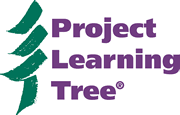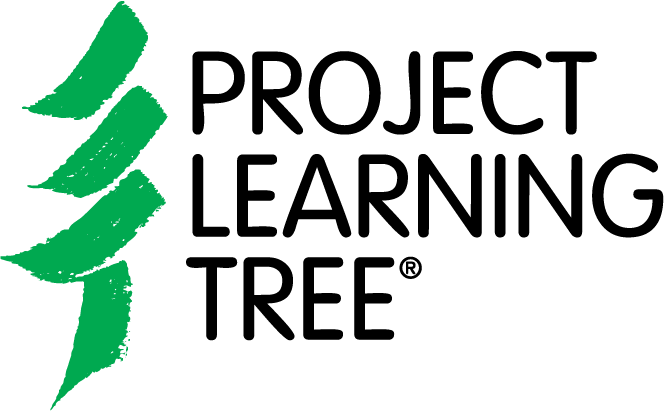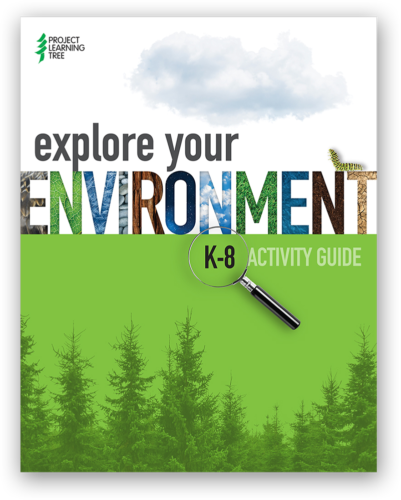March 4, 2024
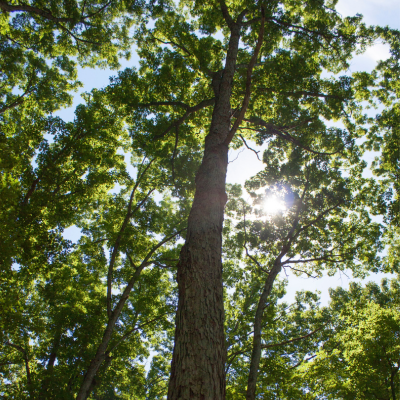 Forests provide the very materials that make up our daily lives. From the air we breathe to the products we use each day, forests are essential ecosystems that sustain us. Recognizing the immense value of forests, the United Nations General Assembly declared March 21st as the International Day of Forests, a day to celebrate and raise awareness about our vital forest ecosystems. Every year, this special day is adorned with a new theme, and for this year, the spotlight is on “Forests and Innovation.”
Forests provide the very materials that make up our daily lives. From the air we breathe to the products we use each day, forests are essential ecosystems that sustain us. Recognizing the immense value of forests, the United Nations General Assembly declared March 21st as the International Day of Forests, a day to celebrate and raise awareness about our vital forest ecosystems. Every year, this special day is adorned with a new theme, and for this year, the spotlight is on “Forests and Innovation.”
So, why the emphasis on innovation? Because forests are shaping the future.
Imagine a world where most of the materials we use in our daily lives come from sustainable sources, reducing our impact on the environment. Thanks to innovative breakthroughs, materials derived from forests and trees are being developed as eco-friendly substitutes for plastics, building materials, fabrics, and various other everyday items.
Healthy Forests = Healthy People
Let’s take a closer look at some not-so-commonly thought-of items that come from forests!
 Breakfast
Breakfast
You might be surprised how many components of your morning routine originate in forests. The wood tables we eat breakfast on, the apple cider we drink, the maple syrup we pour, and even the chocolate we enjoy can be traced back to trees and forests. Beyond flavors, trees also provide essential functional ingredients, like natural cellulose fiber from trees that keep shredded cheese from clumping in your omelet.
 Bathroom
Bathroom
Forests are an integral part of our self-care and personal grooming routines too. Tree resins and plant celluloses are core ingredients found in toothpaste, deodorant, nail polish, mascara, lipstick, shampoo, henna hair dye, and many other daily-use products. Take a moment to appreciate the diverse natural origins of the items in your bathroom cabinet.
Clothing
Did you know much of the fabric you wear could come straight from a forest? Thanks to modern eco-friendly innovations in textiles, fabrics like lyocell, modal, and viscose are made from dissolving wood pulp and tree leaves. Additionally, natural rubber latex extracted from rubber trees forms the basis for rain boots, elastic, and stretchable clothing. With the right materials, trees can provide the raw resources for your entire outfit.
 Shelter
Shelter
Forests form the foundation for the homes we live in. Wood framing, doors, furniture, lumber, plywood, particle board, and wooden flooring originate from trees. Sustainable forestry practices can provide renewable resources for our shelter needs.
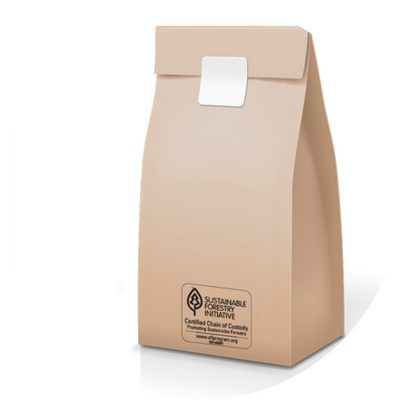
Paper Products
Paper and cardboard come directly from trees and forests, providing us with notebooks, packaging, tissues, paper towels, newspapers, magazines, books, and more. As our reliance on paper products grows, sustainable forest management becomes increasingly important.
 Musical Instruments
Musical Instruments
Many instruments like acoustic guitars, violins, drums, and pianos depend on wood from trees like spruce, maple, ebony, and rosewood for their resonant sound. While learning your favorite tune, consider the forest origins of your musical companion.
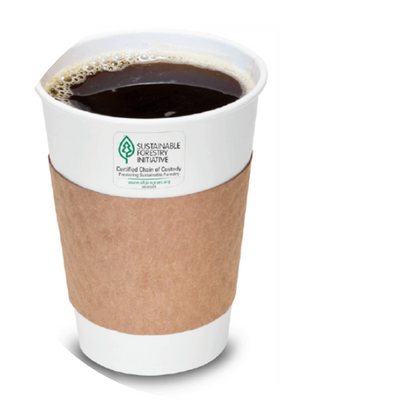
Food Packaging
Beyond paper, cellulose derived from tree pulp is commonly used for food packaging, straws, and disposable cups, providing an innovative renewable, and compostable solution to plastic pollution.
 Medicine
Medicine
From the bark to the leaves, the trees in our forests have been integral to traditional medicine. Cellulose ether, extracted from wood, serves diverse roles in pill production and as a thickening agent in liquid medicines. Additionally, ongoing research unveils forest-derived compounds for treating various illnesses. Take a moment to appreciate the natural roots of the remedies in your medicine cabinet.
The Impact of Forests Beyond Everyday Uses
The positive influence of forests extends far beyond the consumer products and materials they provide. Forests offer beautiful natural recreational spaces, clean our air and water supplies, and improve community health and well-being. Most importantly, as natural carbon sinks, forests play a crucial role in combating climate change. Trees absorb carbon dioxide and release oxygen, helping regulate Earth’s delicate climate balance. Protecting and sustainably managing forests is a vital part of ensuring a livable climate for future generations.
Celebrate International Day of Forests with Project Learning Tree (PLT) Resources
It’s clear that our forests provide a good deal more to our lives than what meets the eye! So, the next time you use a forest-derived product, remember the untold story of innovation and sustainability that lies within.
Free Family Activity
Use this free PLT activity We All Need Trees to help children discover different products we get from trees and how much we depend on forests in our daily lives.
Explore Your Environment: K-8 Activity Guide
Encourage students to be creative and come up with innovative design ideas in the Peek at Packaging activity from PLT’s Explore Your Environment: K-8 Activity Guide. Additionally, students in grades 6-8 can explore the environmental, social, and economic criteria of forest certification and examine the steps involved in making a certified forest product using PLT’s activity What’s in a Label? found in the Explore Your Environment: K-8 Activity Guide.
Forest Literacy Framework
PLT’s Forest Literacy Framework also serves as a helpful and complementary resource that organizes 100 forest concepts for grades K-12 into four key themes:
- What is a forest?
- Why do forests matter?
- How do we sustain our forests?
- What is our responsibility to forests?
On International Day of Forests and beyond, let’s continue to explore, appreciate, and conserve our forests for the well-being of the planet and generations to come!
